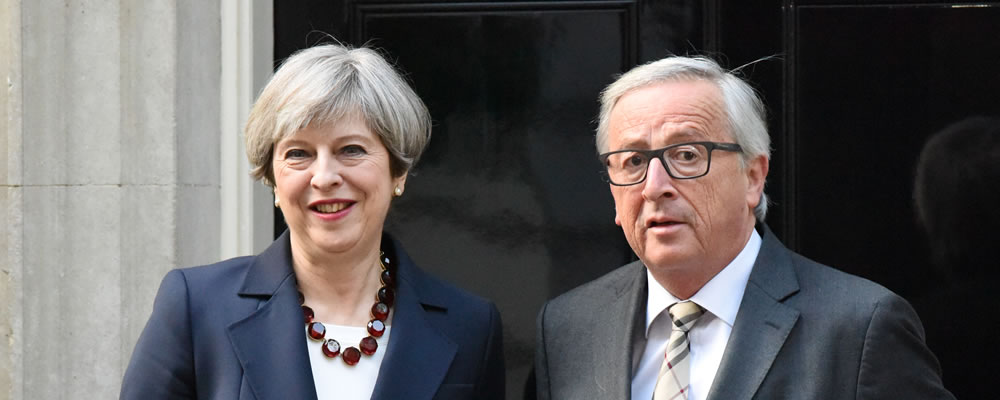The Pound Euro (GBP EUR) exchange rate retreated on Tuesday on comments from EU Chief Negotiator Michel Barnier, who dismissed talk that the UK’s financial sector might be able to retain access to the EU’s single market.
Pound Euro (GBP EUR) Tumbles as Barnier Dismisses UK’s Partial Access to Single Market
Michel Barnier added to the Brexit negotiation tumult on Tuesday when he specifically ruled out the idea of a special post-Brexit deal that would see the UK’s financial sector maintain ties to the single market.
In an interview with various European newspapers Barnier dismissed this notion, stating:
‘There is no place (for financial services). In leaving the single market, they lose the financial services passport’.
This could go against plans expressed by the UK’s Brexit Secretary David Davis, who has previously asked for a ‘Canada Plus Plus Plus’ style of deal that would see the UK gain an agreement that covers goods (as the Ottowa-Brussels agreement does) but also elements of services.
Beyond this, markets are still digesting last week’s announcement that Brexit trade talks will likely be delayed until March 2018 at the earliest – and that’s if transitionary talks complete on schedule, without deadlock.
EUR Exchange Rates Climb Despite Mixed Eurozone Ecostats
The Euro, on the other hand, saw a jump in demand on Tuesday – seemingly at odds with a mixed run of domestic data releases.
The outlook for Germany’s economic future seems to have dropped in December, with the IFO business climate reading dropping from a score of 117.6 to 117.2, below the forecast of 117.9, whilst the IFO expectations assessment similarly fell from 111 to 109.5, below the market expectation of 111.5.
In slightly better news, however, Germany’s IFO current economic conditions score rose from 124.5 to 125.4, clearing the forecast of 124.7.
These varied gauges seem to largely result from Germany’s current state of political deadlock, with Chancellor Angela Merkel’s Christian Democratic Union (CDU) still lacking the necessary support for a coalition.
Nonetheless, the CDU has officially begun ‘grand coalition’ talks with Martin Schulz’s Social Democrats Party (SPD), despite Schulz initially declaring that the party would be running in opposition.
Markets will have to wait for a party congress in the New Year to see if these talks have come to any fruition, however, with Germany liable to suffer some uncertainty both politically and economically in the meantime.
GBP EUR Forecast: Brexit Talks and UK GDP on the Horizon
The second phase of Brexit talks has officially been given the green light, but what can we expect for the GBP EUR exchange rate?
The first factor that markets are assessing is that the EU is seeking for all commitments made during the first phase to be translated ‘faithfully’ into legal terms.
This could prove problematic in that it would cement London’s divorce bill offer, potentially holding the UK to a figure regardless of what the EU is willing to offer in regards to trade.
Beyond this, debate still reigns over exactly what a 2 year transitionary period will entail, with the EU asserting that it means the UK will have to accept all EU laws, (including new ones), and the UK insisting that some flexibility could be had on things like dispute resolution mechanisms, and that new EU laws will have no legitimacy.
Whilst Brexit transitionary talks are liable to dominate headlines in the near-term, markets will also be looking to Friday for the UK’s gross domestic product figures, with an estimated print of 1.5%.
Quarter-on-quarter, however, the figure is expected to drop from 0.4% to 0.3%.
If the GDP growth rate prints along these lines then markets may find more reason to sell Sterling, particularly if Friday’s business investment readings prove limited.



